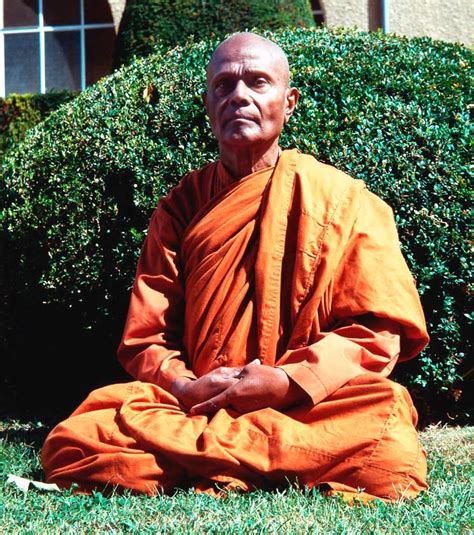A Quote by Paul Virilio
Concepts are mental images.
Quote Topics
Related Quotes
Neither this body am I, nor soul, Nor these fleeting images passing by, Nor concepts and thoughts, mental images, Nor yet sentiments and the psyche's labyrinth. Who then am I? A consciousness without origin, Not born in time, nor begotten here below. I am that which was, is and ever shall be, A jewel in the crown of the Divine Self, A star in the firmament of the luminous One.
Philiosophers like Hume and Descartes and Hobbes saw things similarly. They thought that mental images and ideas were actually the same thing. There are those today that dispute that, and lots of debates about how the mind works, but for me it's simple: Mental images, for most of us, are central in inventive and creative thinking.
Few legislators who passed these mental health laws realized that (Brock) Chisholm and his associates defined mental illness as a sense of loyalty to a particular nation, a sense of loyalty to a moral code, and strict adherence to concepts of right and wrong. Chisholm has been obsessed for years with the idea that instilling concepts of right and wrong, love of country and morality in children by their parents is the paramount evil.
When one analyzes the pre-conscious step to concepts, one always finds ideas which consist of 'symbolic images.' The first step to thinking is a painted vision of these inner pictures whose origin cannot be reduced only and firstly to the sensual perception but which are produced by an 'instinct to imagining' and which are re-produced by different individuals independently, i.e. collectively... But the archaic image is also the necessary predisposition and the source of a scientific attitude. To a total recognition belong also those images out of which have grown the rational concepts.
It is my mind, with its store of images, that gives the world color and sound; and that supremely real and rational certainty which I can "experience" is, in its most simple form, an exceedingly complicated structure of mental images. Thus there is, in a certain sense, nothing that is directly experienced except the mind itself. Everything is mediated through the mind, translated, filtered, allegorized, twisted, even falsified by it. We are . . . enveloped in a cloud of changing and endlessly shifting images.
In Lucretius, sexual desire is considered real and genuine, whereas love is illusory. Venus, the goddess who represents the power of sexual desire, is the font of love. She merely mocks lovers with mental images. Try as they might, lovers cannot satisfy themselves by gazing nor by rubbing against one another because the madness of love will always return; hence Lucretius' prescription to flee the mental images, that is, to ward off what feeds love, turning the mind elsewhere.
I am myself a professional creator of images, a film-maker. And then there are the images made by the artists I collect, and I have noticed that the images I create are not so very different from theirs. Such images seem to suggest how I feel about being here, on this planet. And maybe that is why it is so exciting to live with images created by other people, images that either conflict with one's own or demonstrate similarities to them.





































